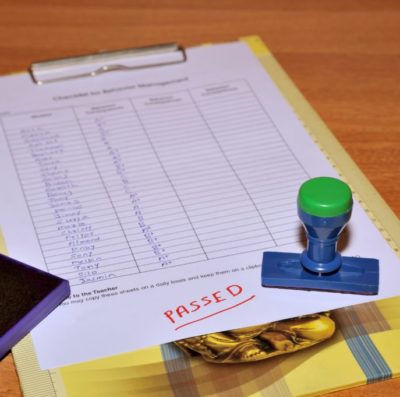A Guide to Finding a Good Doctor for Better Life-long health
the work in finding a good doctor Is Worth It!
Finding a good doctor is an essential step in taking care of your health. Whether you’re new in town, seeking a specialist’s expertise, or simply unhappy with your current healthcare provider, the process of finding a reliable and skilled doctor can be daunting. However, by following a few key steps and considering crucial factors, you can increase your chances of finding a doctor who meets your needs and ensures high-quality care. This article aims to provide you with a comprehensive guide on how to find a good doctor.
Determine Your Needs
Before starting your search for a doctor, it’s crucial to identify your specific healthcare needs. Consider factors such as your age, gender, medical history, and any pre-existing conditions or chronic illnesses you may have. Determine if you need a primary care physician who can provide comprehensive care or if you require a specialist for a specific condition.
Seek Recommendations
Ask for recommendations from trusted sources such as family, friends, or colleagues who have had positive experiences with their doctors. Their personal insights can provide valuable information about a doctor’s expertise, bedside manner, and the overall patient experience. Additionally, consider seeking recommendations from other healthcare professionals, such as pharmacists or nurses.
Research Online
The internet can be a valuable resource for finding a good doctor. Visit reputable healthcare websites, review platforms, and directories that provide information about doctors in your area. Look for comprehensive profiles that include their qualifications, areas of specialization, experience, and patient reviews. Be cautious when considering online reviews, as they can be subjective, but they can still offer some insights into a doctor’s practice.
Check Credentials and Experience
Verify the doctor’s credentials to ensure they are licensed, board-certified, and have a clean professional record. Licensing information can usually be obtained from your country’s medical board or regulatory body. Additionally, consider the doctor’s experience, especially if you have a complex medical condition. Experience in handling cases similar to yours can be an important factor in providing quality care.
Consider Location and Accessibility
Evaluate the doctor’s location and accessibility, especially if you require ongoing care or have mobility issues. Choosing a doctor who is located near your home or workplace can save you time and make it easier to attend appointments. Additionally, consider their office hours, availability for urgent visits, and the ease of scheduling appointments.
Assess Communication and Bedside Manner
A good doctor should have excellent communication skills, listen attentively to your concerns, and explain medical information in a way that is easily understandable. Assess their bedside manner during your initial consultation or by observing patient reviews. A doctor who shows empathy, respect, and patience can make a significant difference in your overall healthcare experience.
Inquire About Hospital Affiliations:
If the need for hospitalization or specialized care arises, inquire about the doctor’s affiliation with reputable hospitals or medical centers. A doctor with hospital privileges in a renowned healthcare institution can provide you with access to advanced medical facilities and a network of specialists if required.
Consider Insurance and Cost Factors:
Check if the doctor accepts your health insurance plan or if they offer reasonable self-pay options. Inquire about the cost of common procedures, consultations, and follow-up visits. While cost shouldn’t be the sole determining factor, it’s important to find a doctor whose services align with your financial situation.
Trust Your Gut Feeling
Lastly, trust your instincts when it comes to choosing a doctor. During your interactions with the doctor, pay attention to how comfortable you feel discussing your health concerns and how well they address your questions. Trust and a good doctor-patient relationship are vital for effective healthcare.
Schedule an Initial Consultation
Once you have narrowed down your choices, schedule an initial consultation with the doctor. This will provide an opportunity to meet them in person, discuss your healthcare needs, and assess their compatibility with your requirements. During the consultation, be prepared with a list of questions to ask about their approach to treatment, communication style, and any other concerns you may have.
Evaluate the Overall Experience
After your initial consultation, evaluate the overall experience. Consider factors such as the doctor’s attentiveness, professionalism, and the efficiency of the office staff. Take note of the cleanliness and organization of the clinic or hospital. A positive overall experience can contribute to better continuity of care and patient satisfaction.
Be Open to Change
Remember, finding the right doctor may require some trial and error. If you’re not entirely satisfied with the doctor you initially choose, don’t hesitate to seek a second opinion or consider switching to another doctor. Your health and well-being are paramount, and it’s crucial to have confidence in your healthcare provider.
Conclusion
Finding a good doctor is a crucial step in maintaining your health and well-being. By following the steps outlined in this guide, you can increase your chances of finding a doctor who meets your specific needs, provides high-quality care, and establishes a trusting doctor-patient relationship. Remember to consider your requirements, seek recommendations, conduct thorough research, and trust your instincts throughout the process. Investing time and effort into finding a good doctor is a worthwhile endeavor that can have a positive impact on your overall healthcare experience.






